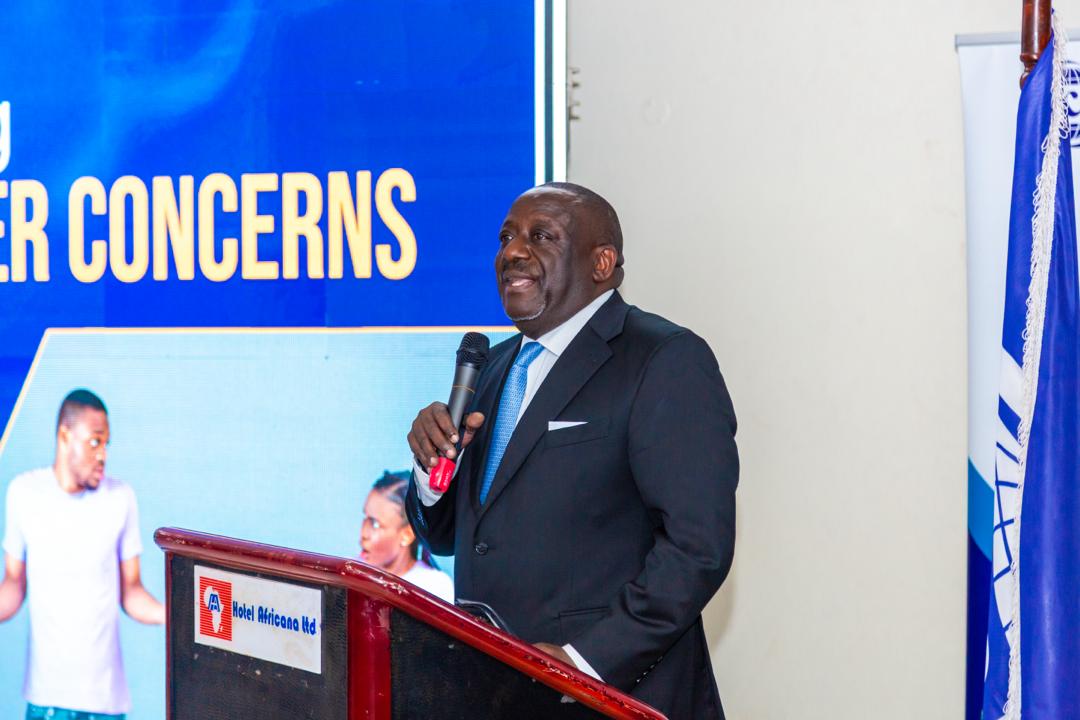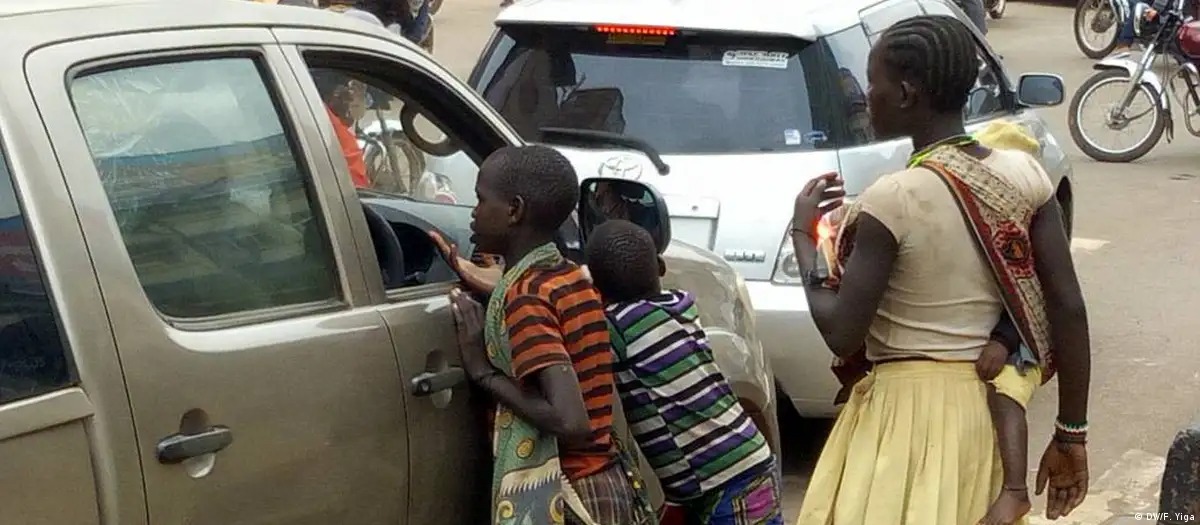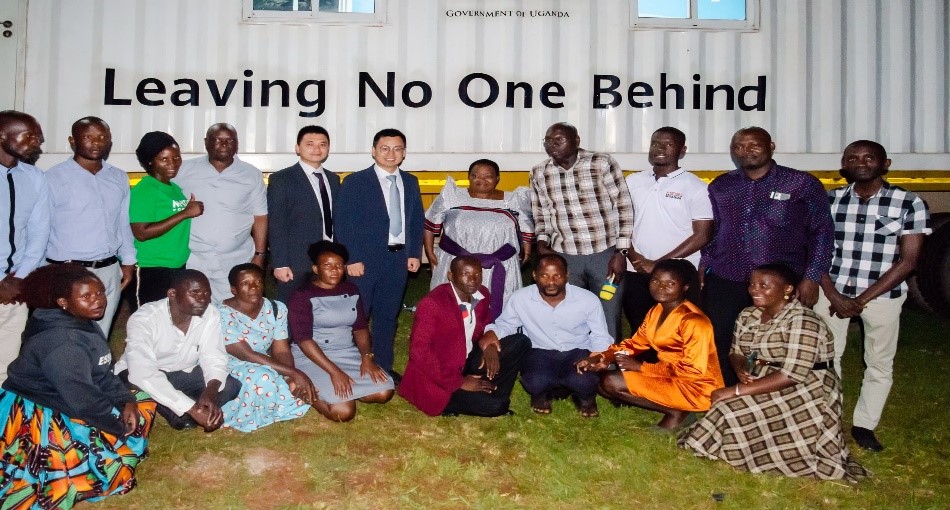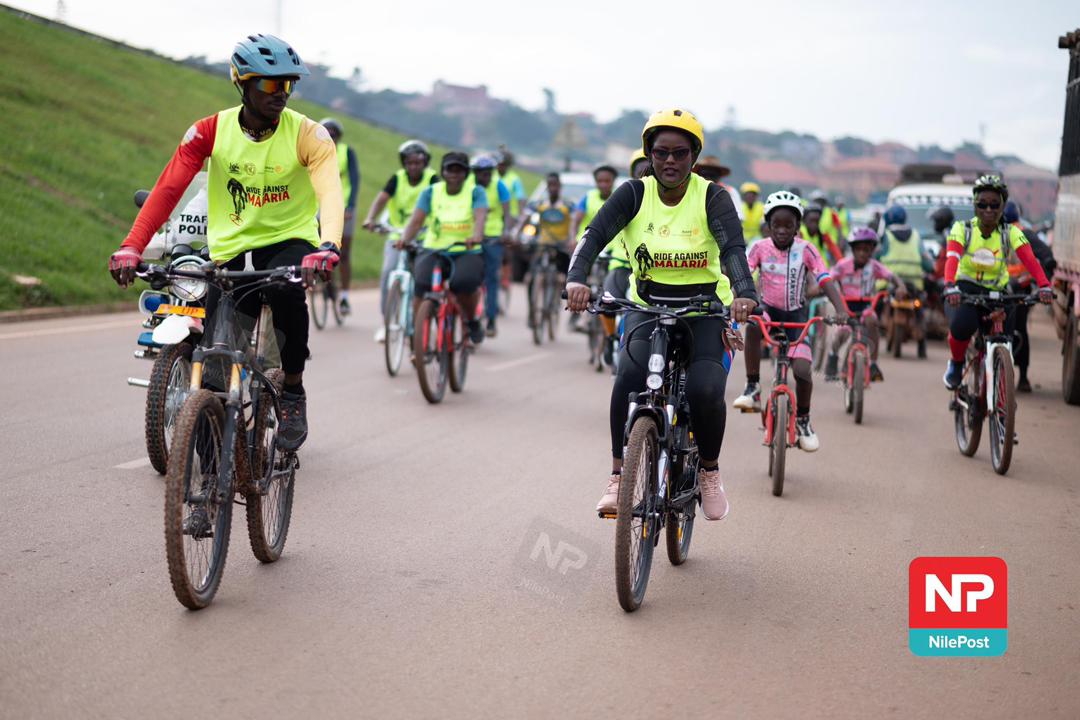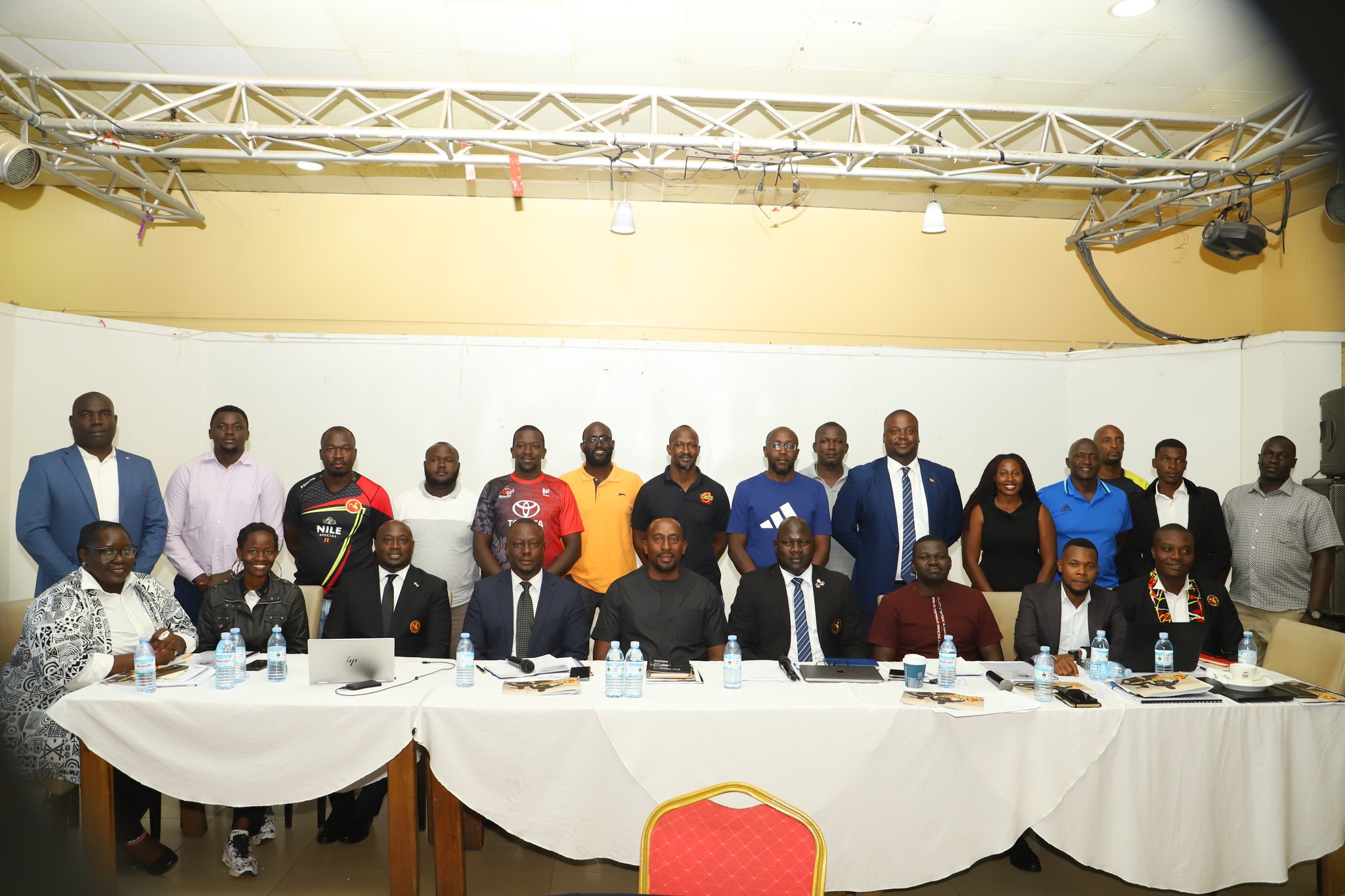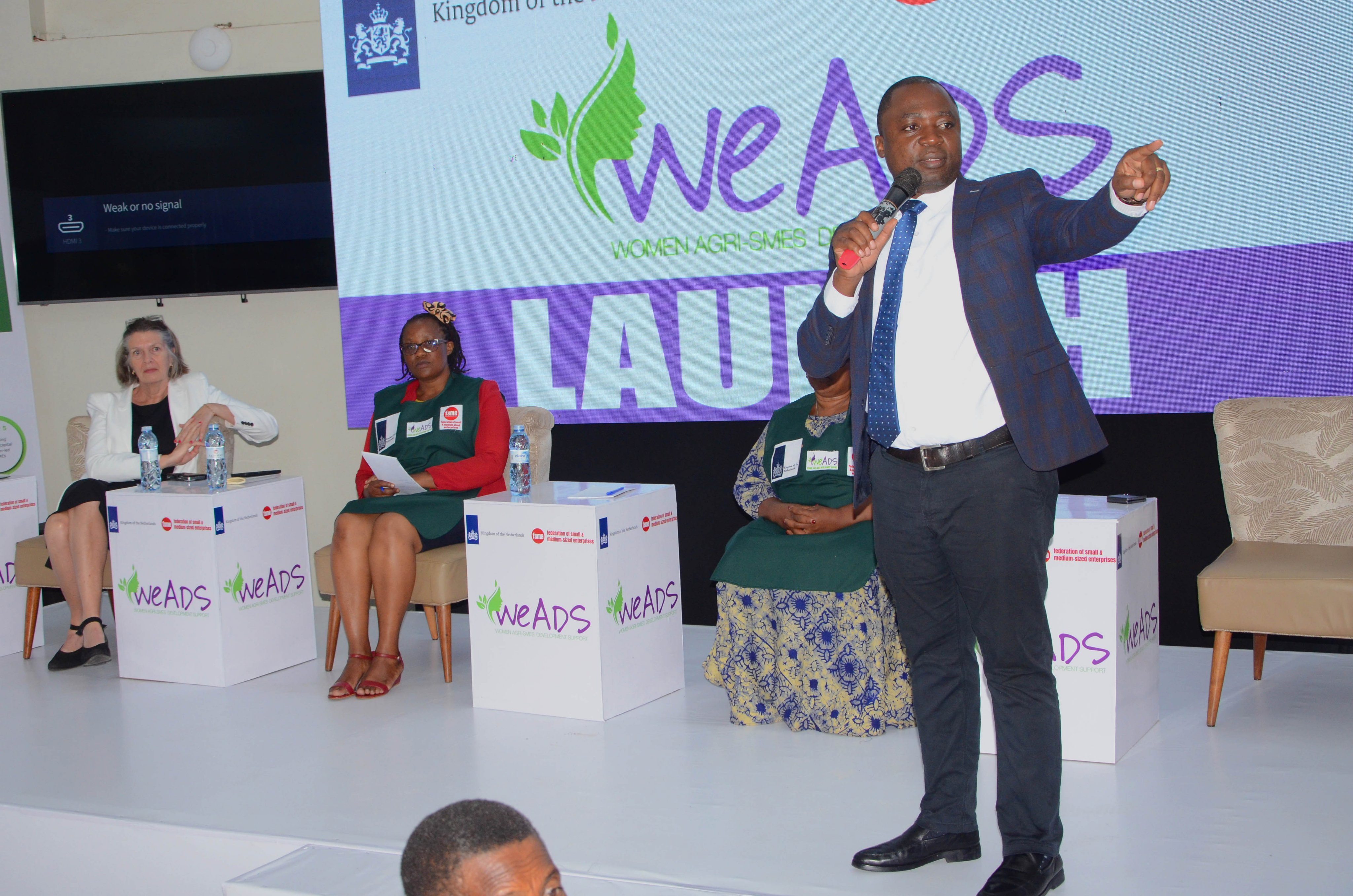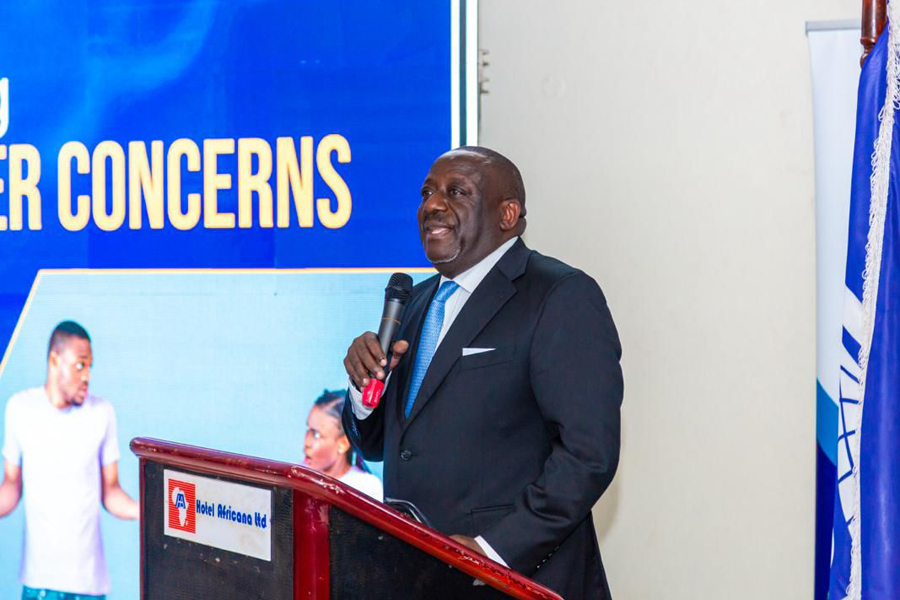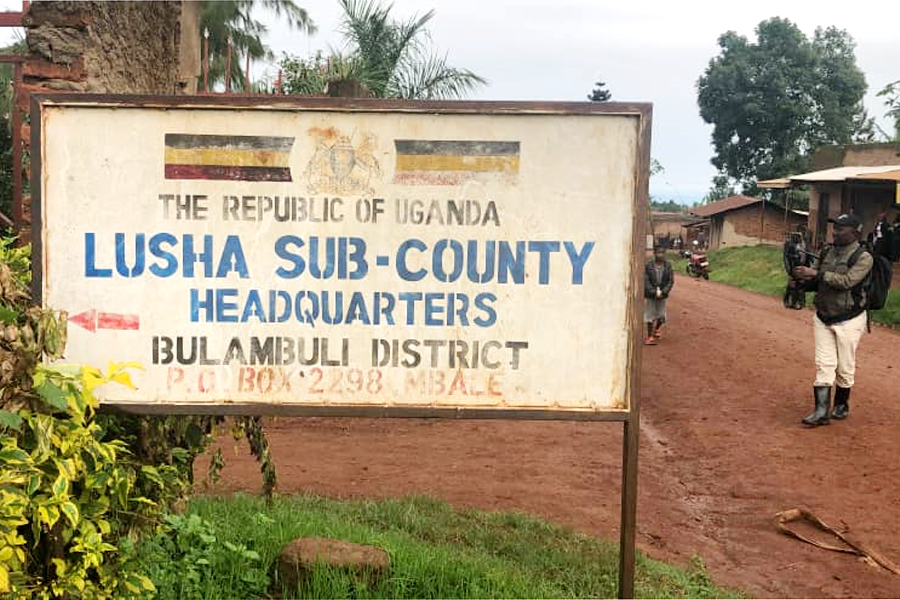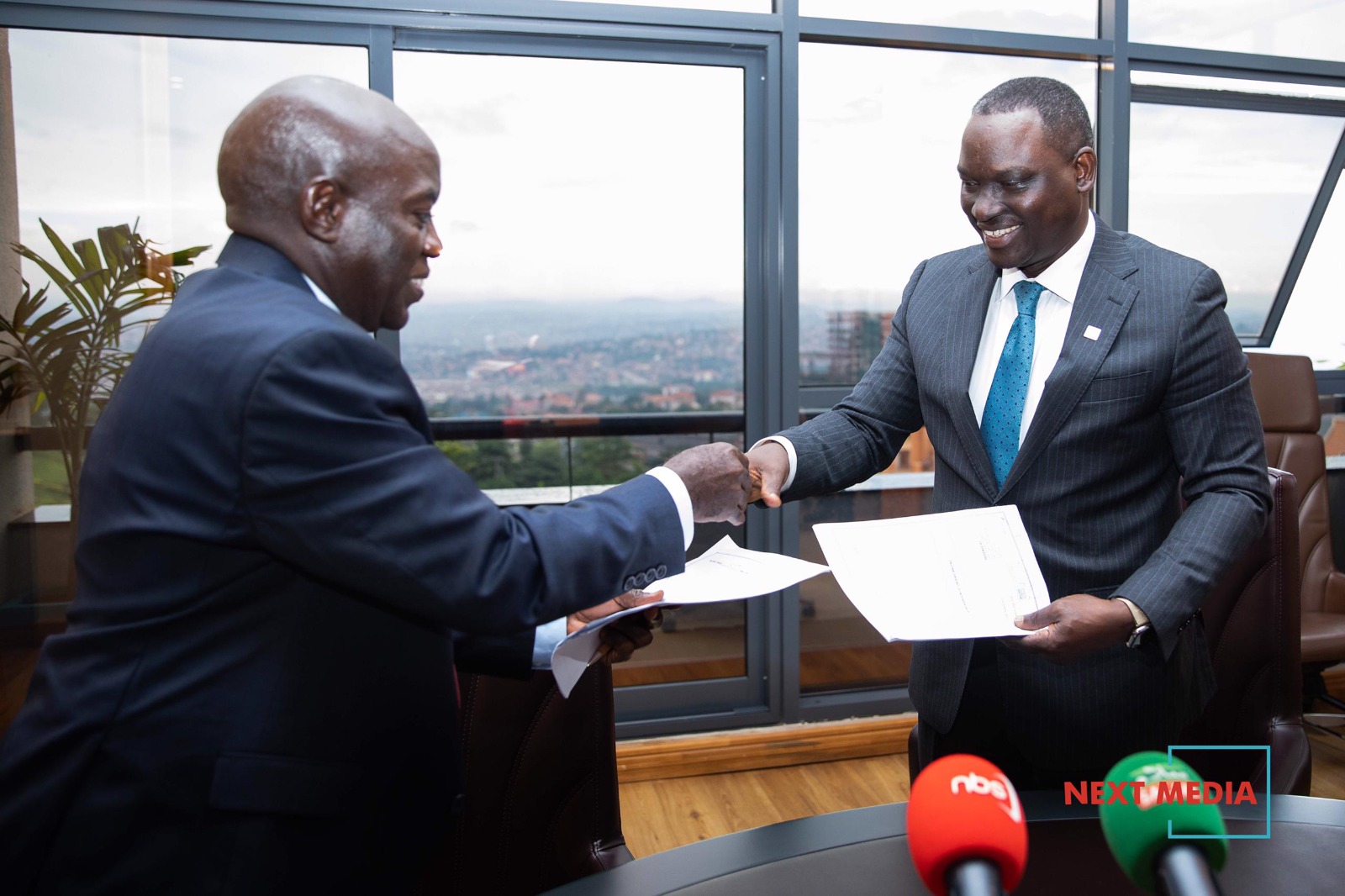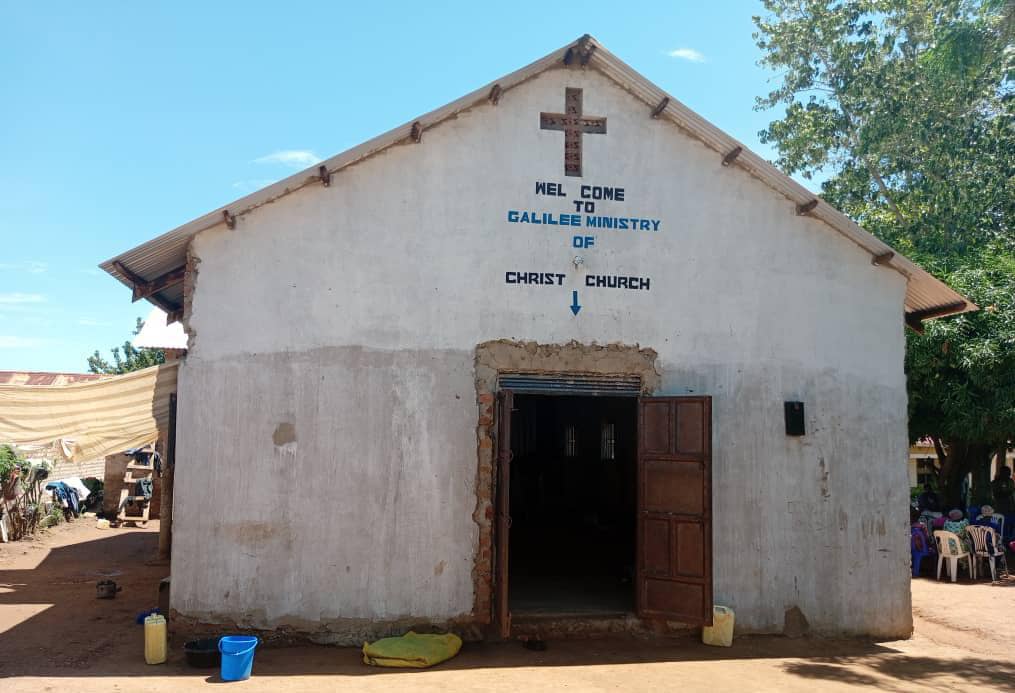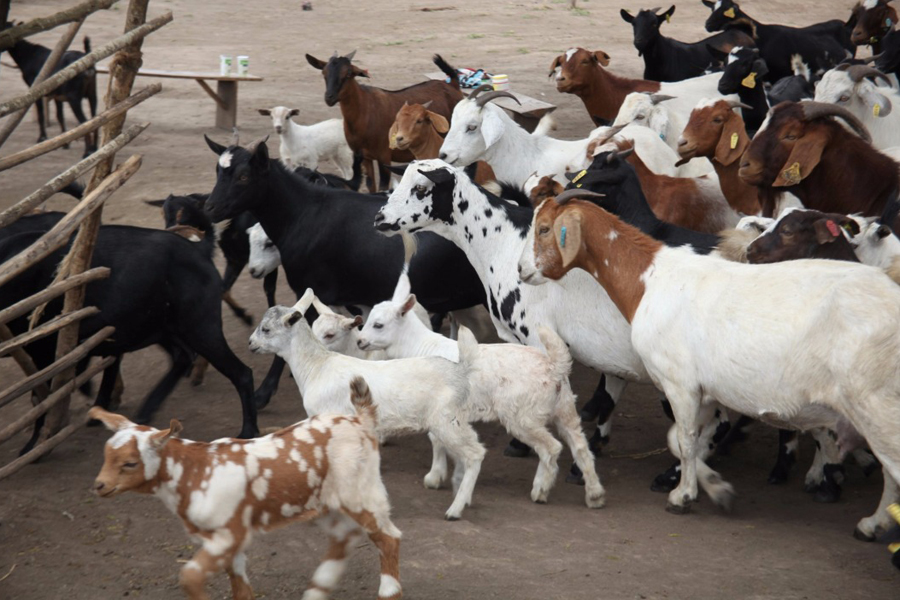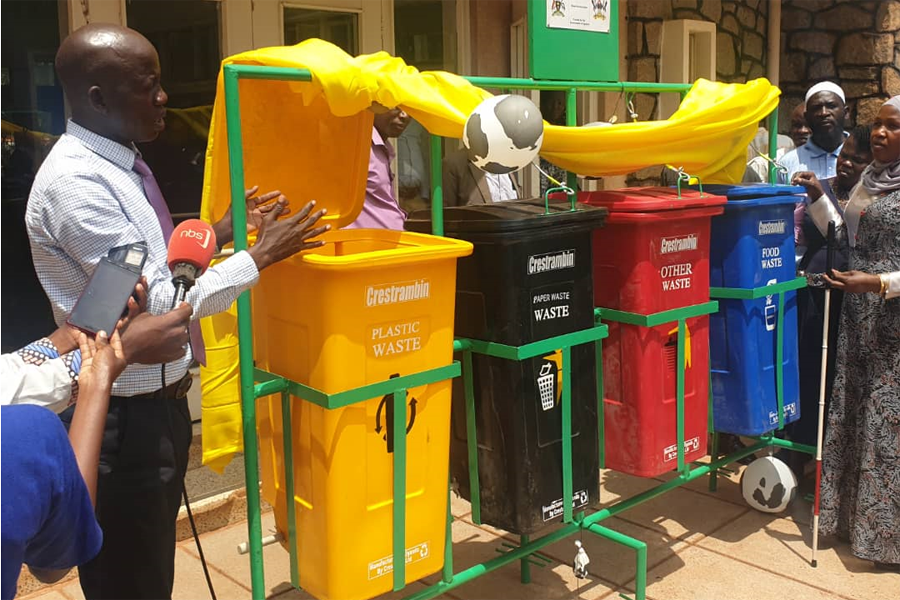The Imperative of Opposition Unity: Learning from Uganda's Political Past
In the heart of Uganda's bustling political landscape, whispers of unity echo through the corridors of opposition parties. As the nation gears up for the 2026 elections, the question of whether the fragmented opposition can coalesce into a unified front looms large.
The tale of Uganda's opposition is one fraught with challenges, marked by divisions and failed alliances. In the past, opposition parties have attempted to band together to challenge the dominance of President Museveni's ruling party, the National Resistance Movement (NRM). However, these efforts have often faltered, undermined by internal rivalries and conflicting agendas.
Keep Reading
Reflecting on the past elections, the consequences of disunity are starkly evident. Despite widespread discontent and calls for change, the opposition's inability to present a united front has allowed President Museveni to maintain his grip on power for over three decades. Divided and fragmented, opposition candidates have struggled to effectively challenge the incumbent, ultimately diluting their collective strength and weakening their electoral prospects.
The failed opposition alliances of the past serve as cautionary tales, illustrating the perils of division in the face of entrenched power. Infighting, ego clashes, and competing interests have all contributed to the unravelling of potential coalitions, leaving the opposition fractured and vulnerable.
However, amidst the setbacks and disappointments, there is a glimmer of hope on the horizon. The impending 2026 elections present a fresh opportunity for Uganda's opposition to rewrite the narrative of disunity and division. With the stakes higher than ever, there is a growing recognition among opposition leaders of the urgent need for unity.
The imperative of the opposition alliance lies not only in the desire to unseat President Museveni but also in the pursuit of a more inclusive and democratic political landscape. By coming together, opposition parties can pool their resources, expertise, and support base, presenting a formidable challenge to the incumbent regime.
Moreover, a united opposition has the potential to galvanize disillusioned voters and inspire confidence in the electoral process. In a country where skepticism towards the fairness of elections runs deep, a cohesive opposition alliance can signal a commitment to democratic principles and values.
However, forging an effective opposition alliance will not be without its challenges. Past grievances and mistrust must be set aside in the interest of the greater good. Leaders must demonstrate humility and foresight, prioritizing the collective goal of regime change over personal ambitions.
As Uganda stands at a crossroads, the path forward is clear: unity or continued division. The lessons of the past must serve as guiding beacons, illuminating the way towards a brighter, more inclusive future. Only by standing together can Uganda's opposition hope to overcome the formidable obstacles that lie ahead and usher in a new era of democracy and accountability.


